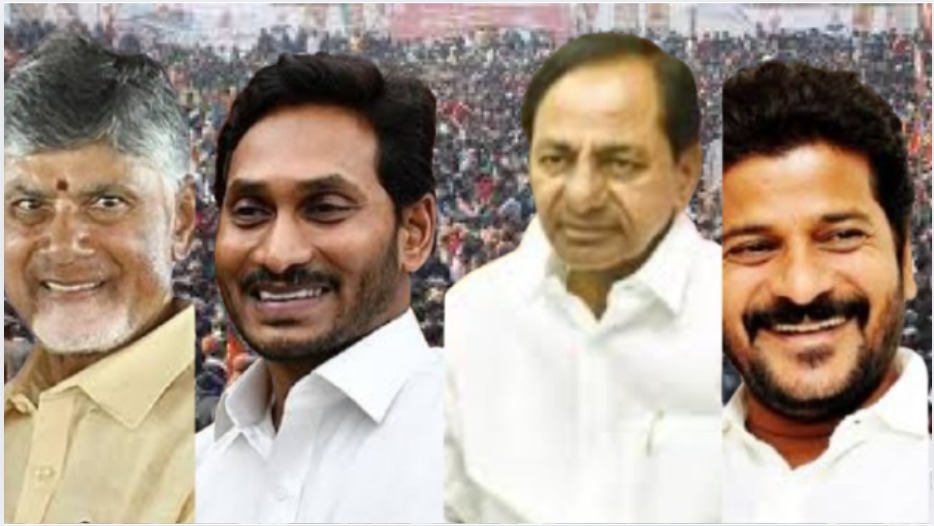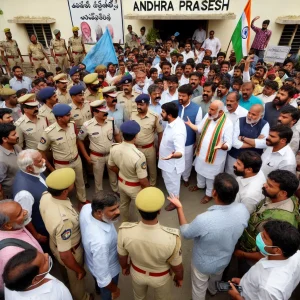
In the ever-shifting sands of politics, the recent electoral outcomes in Andhra Pradesh and Telangana offer a sobering lesson for leaders: disconnect from reality at your peril. Post-defeat analyses from regional stalwarts like K Chandrasekhar Rao (KCR) and YS Jagan Mohan Reddy reveal a shared tendency to deflect blame, attributing their losses to voter fickleness or external manipulation rather than acknowledging their own shortcomings. This mindset, while perhaps comforting in the short term, ultimately hinders meaningful introspection and reform.
As KCR, the former Chief Minister of Telangana, recently lamented, “I distributed money to the people with the press of a button. Yet, I don’t understand why I was defeated.” Similarly, YS Jagan Mohan Reddy of Andhra Pradesh, after his party’s significant loss, pointed fingers at EVMs, questioning why his perceived good deeds didn’t translate to electoral success. Chandrababu Naidu, the current CM of AP, echoed similar sentiments after the 2019 election. These remarks underscore a dangerous trend: a belief among leaders that they know best, irrespective of public sentiment.
The factors contributing to these electoral reversals are hardly mysterious. Naidu, in his previous stint, was criticized for losing touch with ground realities and neglecting negative campaigns. KCR, despite his contributions to Telangana’s statehood, was perceived as arrogant and resistant to criticism, awarding tickets to unpopular MLAs. Jagan’s focus on direct cash transfers, while popular, failed to compensate for a chaotic administration and a perceived lack of development. These examples highlight the importance of responsive governance and a willingness to adapt to changing public needs.
The current administrations in both states face their own set of challenges. Chandrababu Naidu, now back in power in Andhra Pradesh, appears to be replicating some of his past mistakes, such as an excessive focus on real-time governance and lengthy review meetings that stress government employees. While his emphasis on employee well-being is commendable, it rings hollow when the administration’s own practices contribute to the problem.
Meanwhile, in Telangana, Chief Minister Revanth Reddy’s government is under pressure to deliver on its promises. Despite some positive initiatives, there’s a growing sense of disappointment among the public, fueled by a perceived lack of impactful governance. KCR’s recent warning to Reddy highlights the precariousness of his position: political strategies and gimmicks will only get you so far.
Ultimately, the success of any government hinges on its ability to address the basic needs and concerns of its constituents. As Revanth Reddy must realize, governing isn’t just about winning elections; it’s about delivering tangible improvements in the lives of the people. These experiences serves as a potent reminder that those who fail to listen to their people risk being relegated to the political wilderness. The leaders of both Andhra Pradesh and Telangana must heed this lesson and prioritize responsive, accountable governance above all else.




